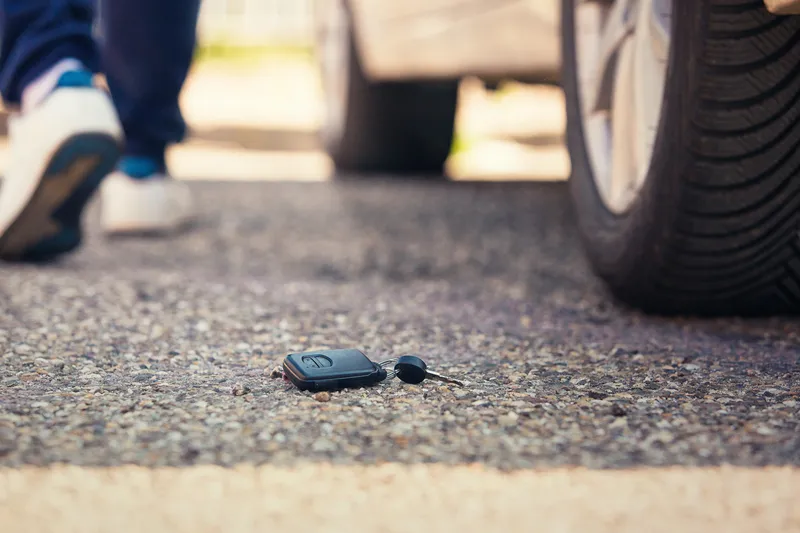MV Transportation specialises in providing on-demand transportation to people with disabilities and older passengers.
Uber CEO Dara Khosrowshahi says there are not enough drivers on its platform who use WAVs.
He believes the collaboration will allow riders in wheelchairs to be picked up within 15 minutes on average for trips in New York City, Boston, Philadelphia and Washington, DC as well as Toronto in Canada.
“We’re aiming to see similar wait times for trips in San Francisco and Los Angeles over the next year, and together those eight cities account for half of Uber trips in North America,” Khosrowshahi adds.
MV CEO Kevin Jones says: “As the nature of transportation changes, we will work with Uber to ensure people with disabilities aren’t left behind.”
MV owns the WAVs, and its drivers are trained to secure wheelchairs inside the vehicles.
Uber intends to price WAV journeys the same as an UberX trip, which the company insists is its cheapest ride-share option outside of Uber Pool. The cost is determined by location, sometimes with surge pricing applied during peak times such as holidays or when there is bad weather.
Uber enlists MV Transportation drivers to pick up disabled passengers
Uber is adding drivers from a specialist company to its app in a bid to provide more wheelchair-accessible vehicles (WAV) to disabled passengers in the US.
MV Transportation specialises in providing on-demand transportation to people with disabilities and older passengers.
Uber CEO Dara Khosrowshahi says there are not enough drivers on its platform who use WAVs.
He believes the collaboration will allow riders in wheelchairs to be picked up within 15 minutes on average for trips in New York City, Bosto
November 23, 2018
Read time: 2 mins










